Newly obtained FBI memos reveal that agency officials conducting a top-secret security clearance review for a longtime employee asked witnesses whether that employee was known to support former President Donald Trump, if he had expressed concerns about the COVID-19 vaccine, or had attended a Second Amendment rally. These revelations have prompted a complaint to the Justice Department’s internal watchdog alleging political bias inside the bureau.
According to documents obtained by Just the News, the employee’s security clearance was revoked months after interviews confirmed his support for Trump, gun rights, and his concerns about the COVID vaccine. The memos show that in spring 2022, agents for the FBI’s Security Division asked at least three witnesses whether the employee, whose name and job title were redacted from the memos, had been known to “vocalize support for President Trump” or “vocalize objections to Covid-19 vaccination.” One witness confirmed that the employee had declined to get the coronavirus inoculation.
The latter questions about the vaccine were asked shortly after the U.S. Supreme Court had struck down vaccine mandates in corporate workplaces and a separate federal court had issued an injunction on federal employee vaccine mandates.
Agents also inquired whether the FBI worker had attended the Richmond Lobby Day event in January 2021, a rally for Second Amendment supporters in Virginia. The agents’ notes referred to the colleague they were vetting as a “gun nut” but noted no promotion of violence.
You can read the memos here:
FBI officials declined to comment on why a worker’s support for Trump, the Second Amendment, or his hesitancy to get the COVID-19 vaccine had relevance to his security clearance. They also did not answer whether similar questions about support for Joe Biden or other medical issues, such as support for abortion, were asked.
In a letter to the DOJ inspector general, the FBI employee’s lawyer, Tristan Leavitt, revealed his client made protected whistleblower disclosures to both Congress and the DOJ about the politicization of the security clearance process. Leavitt alleged his client was subjected to this process simply because he self-reported taking a vacation day to go to Washington D.C. for the Jan. 6, 2021 rally.
Leavitt, who runs the nonprofit Empower Oversight center specializing in whistleblower cases, said his client did not engage in any criminal acts nor did he enter the Capitol on Jan. 6, 2021. He called the security review process evidence of political bias against conservatives inside the bureau.
“Instead of limiting its investigation to legitimate issues, SecD (Security Division) acted as if support for President Trump, objecting to COVID-19 vaccinations, or lawfully attending a protest was the equivalent of being a member of Al Qaeda or the Chinese Communist Party,” Leavitt wrote to Justice Department Inspector General Michael Horowitz, asking for an investigation.
“The FBI’s intentions are made clear by the questions it chose to put in black and white on a government document,” added Leavitt, whose group has represented IRS whistleblowers in the Hunter Biden case and several FBI agents and analysts who claim their security clearances were suspended or revoked because of their political views.
One of those FBI employees, intelligence analyst Marcus Allen, was vindicated last week when the bureau restored his clearance and paid him more than two years of back pay, according to CNN.
Leavitt told Horowitz he believed the documents detailing the security clearance review for his client were “shocking” evidence of an “abuse of authority and a violation of our client’s rights under the First Amendment.”
Horowitz’s office, which has documented years of FBI abuses ranging from mishandling informants to abuses of the Foreign Intelligence Surveillance Act, did not immediately return a call or email seeking comment on whether it has opened a probe.
You can read that letter here:
If the inspector general opens an inquiry, it could help the public and Congress determine whether the FBI’s questions about Trump were more widespread than the employee who went to Washington on Jan. 6, 2021, or whether other questions about political preferences and medical treatments are asked during traditional security clearance reviews.
Two sources told Just the News that there is evidence information was gathered during FBI security clearance reviews on other employees’ political views, suggesting the practice was not isolated.
The memos provided unprecedented detail into how the security clearance review for Leavitt’s client was conducted. Prepared questions were typed into a form for the agents to ask, while witnesses’ answers were recorded by agents in handwriting below.
The handwritten observations offer significant insights into what the agents believed were relevant to the recommendation of whether the FBI employee should keep his clearance.
The employee “had right-wing views, nothing extreme,” an agent wrote from one interview that asked about his Trump support. In another notation, agents wrote the employee was “def Trump supporter, strong republican values.”
In a third interview, the agent noted the worker’s support for Trump, writing: “Very significantly supported, would listen to talk shows. Trump did not lose. Dems stole it. Militant point of view. Never implied would do anything aggressive/physical.”
On vaccine hesitancy, agents confirmed from one witness that the employee had not been vaccinated but was following bureau rules for unvaccinated employees.
“Very against masks and vaccines. Not vaccinated,” the agent wrote from one interview. “Not vaccinated and tried not to wear mask.”
The agent noted the employee was “connected to anti-vaccinated FBI groups” but had engaged in “no anti-FBI rhetoric.”
Dr. Anthony Fauci, the former head of the government’s COVID response, recently told Congress he did not believe he saw any studies showing masks were effective in stopping the spread of the virus before mask mandates were imposed, and that the science since remains murky.
“I believe that there are a lot of conflicting studies too, that there are those that say, yes, there is an impact, and there are those that say there’s not. I still think that’s up in the air,” he told Congress.
Fauci also told the New York Times last year he believed in the final analysis that vaccine mandates were ineffective or counterproductive for Americans.
“I think, almost paradoxically, you had people who were on the fence about getting vaccinated thinking, why are they forcing me to do this?” Fauci said. “And that sometimes-beautiful independent streak in our country becomes counterproductive.”
By the time the FBI was asking about the worker’s vaccine views in April 2022, the U.S Supreme Court had already struck down vaccine mandates in the corporate workplace three months earlier, and the U.S. District Court for Southern Texas had issued an injunction against a federal employee vaccine mandate.
The Biden administration appealed the latter case to the U.S. Court of Appeals for the Fifth Circuit, and granting review, the Supreme Court ruled that the judgment was to be vacated, and the case remanded with instructions to direct the District Court to vacate as moot its order granting a preliminary injunction.
On the employee’s Second Amendment views, FBI agents used terse language to describe the witnesses’ answers. “Gun nut, went to all 2nd Amendment gatherings,” the agent wrote in a summary of one interview. “…No promotion of violence.”
Leavitt wrote to the IG that he believed the FBI’s conduct in his client’s security clearance review violated the Constitution and Supreme Court cases involving employment law and the First Amendment.
“The Supreme Court held that terminating public employees for political patronage purposes—belonging to the wrong political party—‘to the extent it compels or restrains belief and association is inimical to the process which undergirds our system of government and is at war with the deeper traditions of democracy embodied in the First Amendment,’” he wrote.
Leavitt added: “Revoking a security clearance for being near those who did or merely sharing some similar political views as others who acted unlawfully is pure guilt by association.”




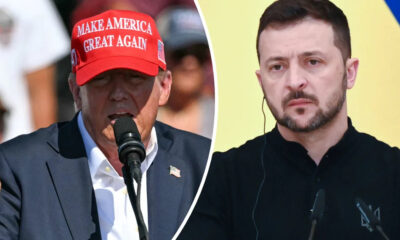

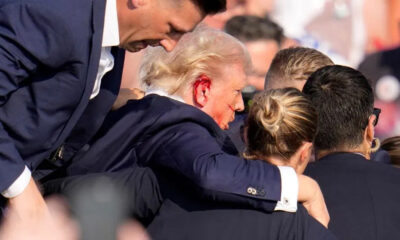

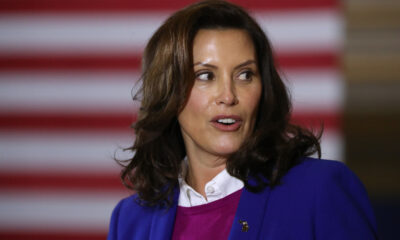



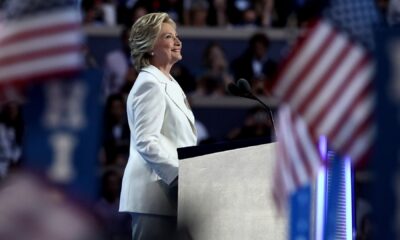

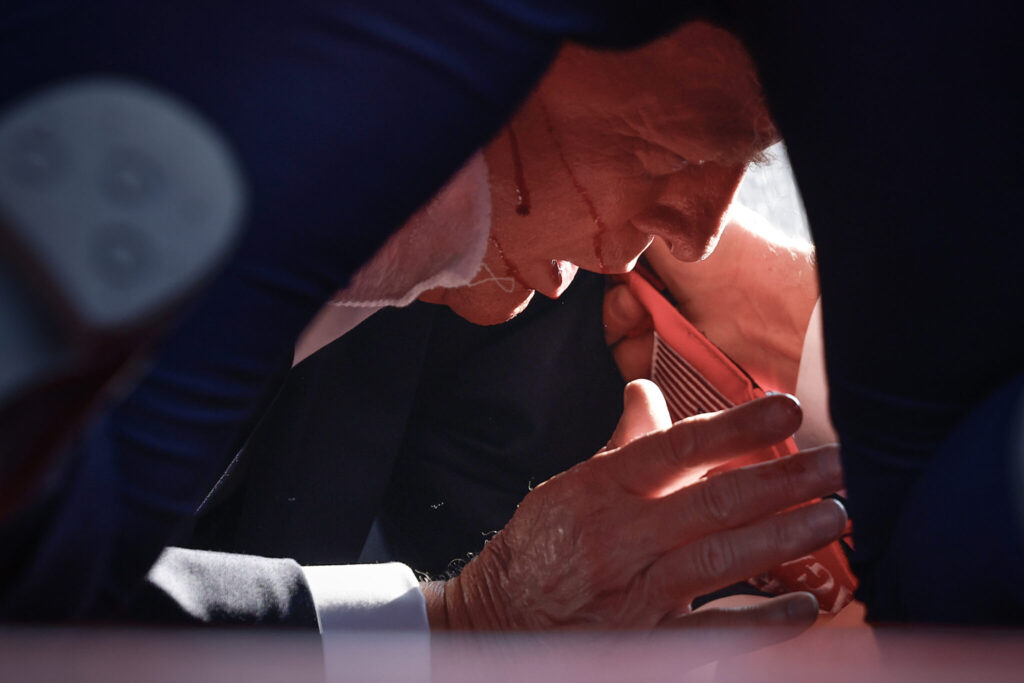
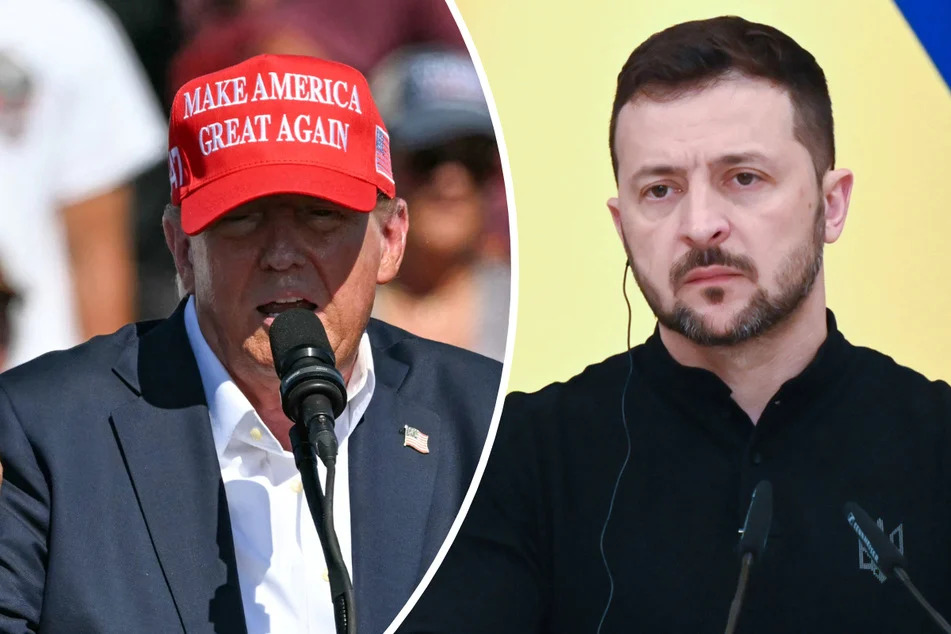
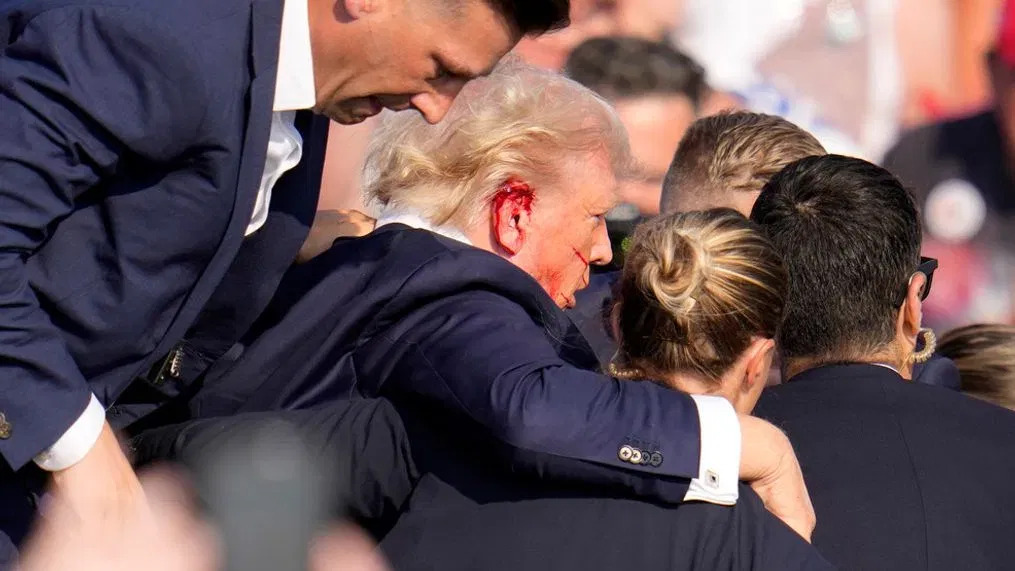










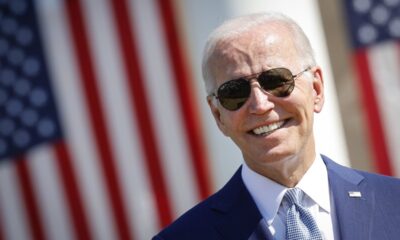

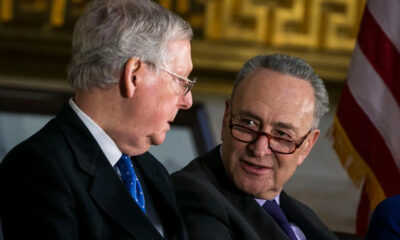



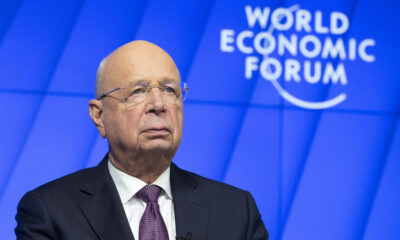

You must be logged in to post a comment Login